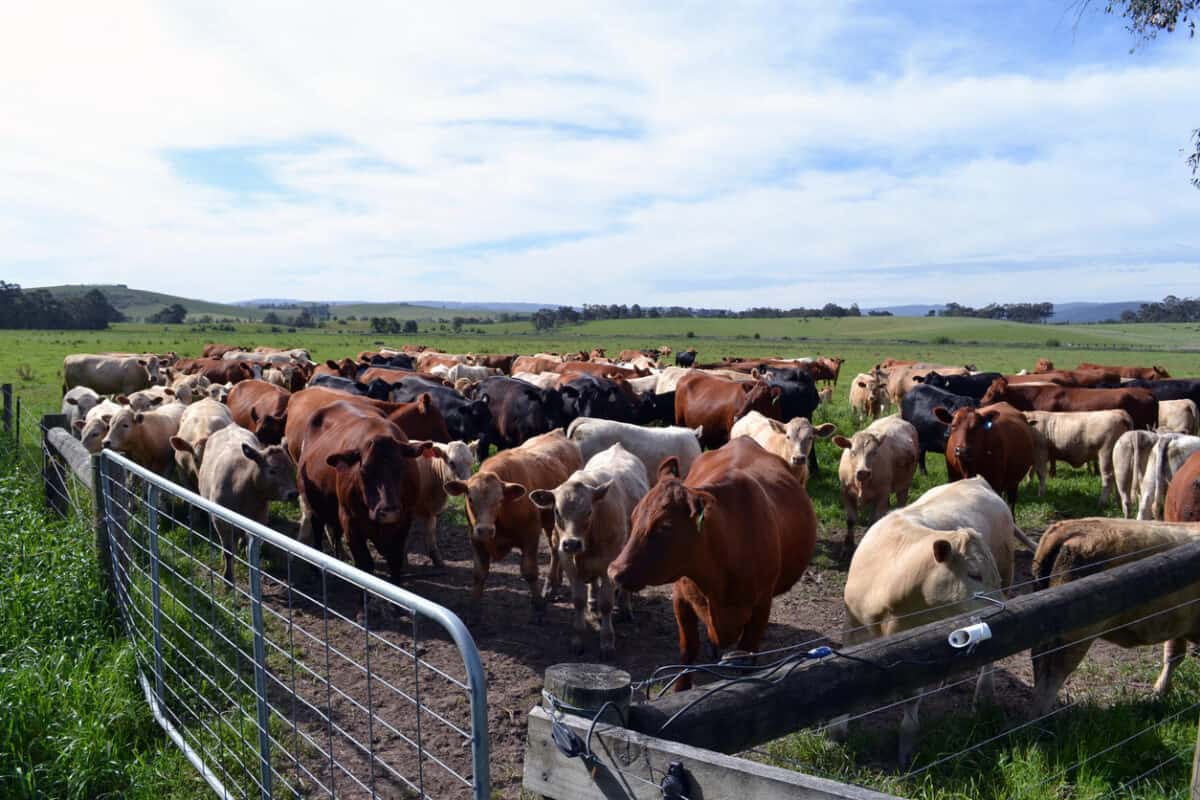[Editor: this article has been reproduced from The Conversation’s website under the Creative Commons licence.]
Joo-Cheong Tham, The University of Melbourne
Australia’s official policy on vaccines is that they be voluntary and free. But the federal government hasn’t shut the door completely on employers pursuing mandatory policies of their own.
Last week the federal government reiterated it won’t use its powers to give employers a free hand to mandate vaccines. Yet Prime Minister Scott Morrison also said:
Decisions to require COVID-19 vaccinations for employees will be a matter for individual business, taking into account their particular circumstances and their obligations under safety, anti-discrimination and privacy laws.
So far just two Australian companies — regional air carrier Alliance Airlines and canning company SPC — have declared they will make a COVID-19 vaccination mandatory for their workers.
The reason so few have declared such intentions is because the law isn’t on the employer’s side. There are only limited circumstances where workplace vaccine mandates are likely to be found lawful.
Continue reading “Can Australian employers make you get a COVID-19 vaccine? Mostly not — but here’s when they can”





